Sequels That Missed The Mark
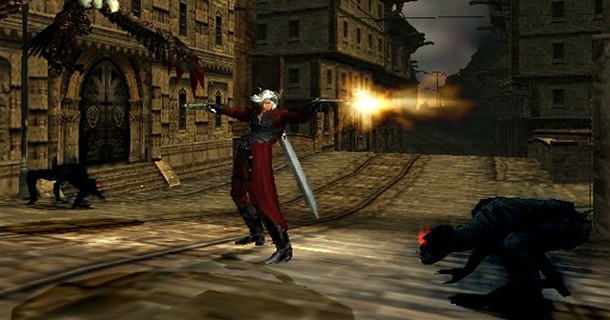
Recently, we posted a story that covered sequels that vastly improved upon their predecessors. This spawned a discussion around the office regarding sequels in gaming, and we acknowledged that this medium tends to lend itself to sequels better than movies. Typically, a second entry in a game franchise improves upon the original's mechanics (and oftentimes, narrative). Unfortunately, that isn't always the case. While we're lucky to get titles like Assassin's Creed II, Uncharted 2, and Street Fighter II, the second entry in a series isn't universally superior. Let's take a look at some of the disappointments.
Devil May Cry 2
In 2001, Capcom released a game that served as inspiration for many action titles in the future. Devil May Cry wowed gamers with its stylish combos, massive boss fights, and daunting difficulty, but its 2003 sequel was met with unanimous disappointment from fans. Dante replaced his cocky, humorous quips with a new ultra-serious demeanor, and the original game’s trademark difficulty was nowhere to be found. Coupled with bland environments and recycled missions involving the new female character Lucia, fans of the first Devil May Cry were understandably upset with this lackluster sequel.
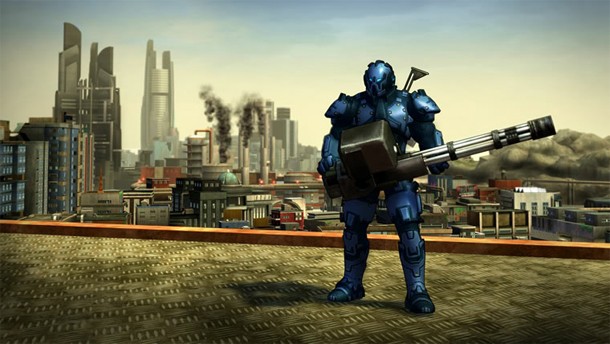
Crackdown 2
Early in the Xbox 360's lifecycle, Crackdown offered gamers an addictive and action-packed open world experience. Teaming up with a buddy to bound over buildings, collect agility orbs, and toss cars at enemies was a blast, and fans were excited when the sequel was announced. It promised four player co-op and more of a focus on interesting missions, but only one of those came true. Collecting orbs with three friends was still fun, but the generic missions and lack of plot dragged the experience down. More damning than the missions was the city itself, which was identical to that from the first game. With little to add to the experience, Crackdown 2 feels more like disappointing DLC than an actual sequel.
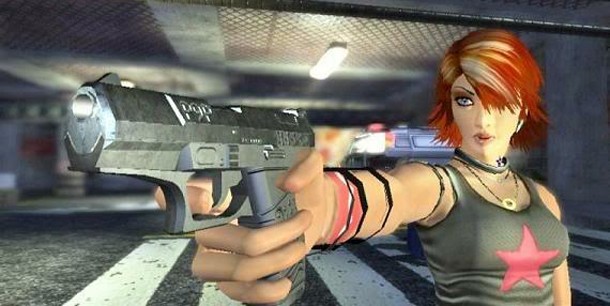
Perfect Dark Zero
Rare lost the James Bond license after the massively-successful Goldeneye, but they bounced back in full force with Perfect Dark on Nintendo 64. Featuring the familiar controls of Goldeneye, Rare added a ton of interesting weapons and introduced gamers to superspy Joanna Dark. Her debut outing was a hit, but Perfect Dark Zero didn't get the same reception when it released alongside the Xbox 360. With brainless AI, a questionable redesign for Joanna, and unreliable controls, the game was another sign that Rare wasn't quite what it used to be.
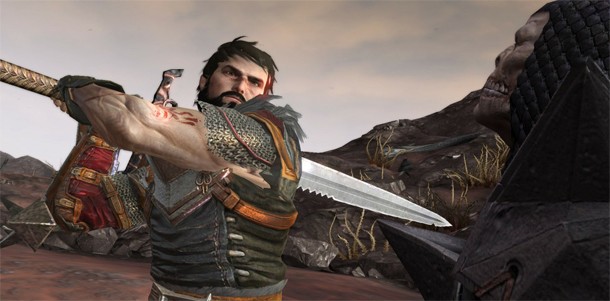
Dragon Age 2
Dragon Age: Origins was BioWare's love letter to its old-school PC fans, using tactical pause-and-play mechanics in an epic fantasy world. BioWare kept the original universe for the sequel, but changed the gameplay to appeal to a different audience, making combat more action-focused and removing the tactical edge. Along with other cut corners, like repeated dungeons and limited exploration options, the whole rushed endeavor left fans of the original with varying degrees of disappointment. -- Joe Juba
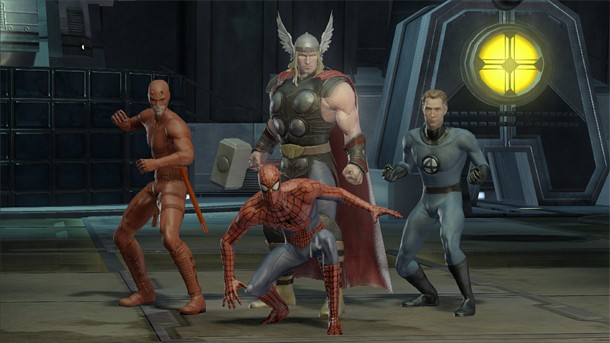
Marvel Ultimate Alliance 2
Marvel Ultimate Alliance was an entertaining experience that followed up on last generation's X-Men Legends series. It featured four-player online co-op, a great leveling system, and a memorable cast of Marvel's best characters. With the sequel, Vicarious Visions looked to the Civil War storyline for inspiration. Despite this popular source material, they weren't able to craft a worthy follow-up out of it. Ultimate Alliance 2 didn't introduce many new elements, outside of a poorly-received Fusion system that allowed heroes to team up for super attacks. As our review stated, this game turned "a once great play into a punchless grind."
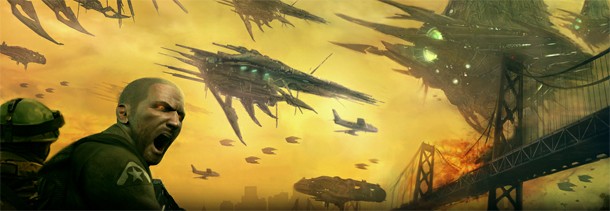
Resistance 2
For the Playstation 3's launch, Insomniac succeeded in introducing a new, exclusive FPS franchise. The developer retained their reputation for creative weaponry, the alternate WWII setting was entertaining, and online play was solid enough to keep gamers playing well after finishing the campaign. Hopes were high for Resistance 2, but Nathan Hale's second outing failed to impress. Campaign had lost co-op functionality, and the ambitious 60-player multiplayer matches were more chaotic than fun. Coupled with cheap enemies and shoddy AI, Resistance 2 was a clear step down from the original.
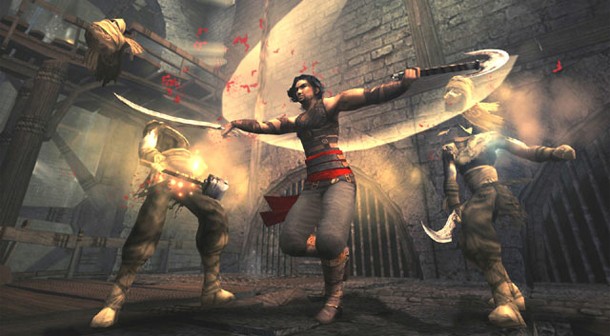
Prince of Persia: Warrior Within
Ubisoft successfully resurrected the classic Prince of Persia license with 2003's The Sands of Time, followed directly by the head-scratching Warrior Within the next year. While the first entry in the series featured the Prince as a wisecracking yet likable character, someone within Ubisoft apparently decided that he wasn't *** enough. In Warrior Within, the protagonist shifted into a gruff, violent character that's fond of calling women "bitches" and isn't fond of shaving. This "darker" version of the Prince was met with understandably negative reaction, from both fans and The Sands of Time's creator Jordan Mechner, who stated "I'm not a fan of the artistic direction, or the violence that earned it an M rating. The story, character, dialog, voice acting, and visual style were not to my taste." If this new Prince didn't turn you off, the inclusion of Godsmack in the game's soundtrack certainly would.
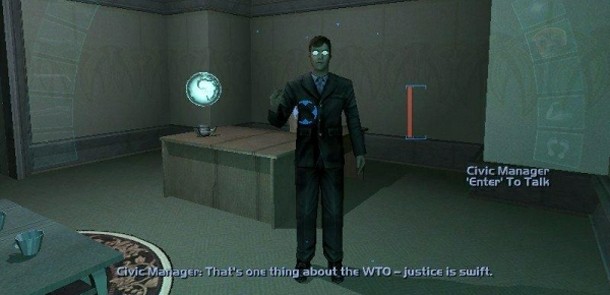
Deus Ex: Invisible War
Invisible War was a disappointment to many Deus Ex fans, who felt betrayed by the game's smaller levels and simplified ammo and inventory systems. Though the game maintained much of the tone and concepts that made the original one of the most beloved PC games of all time, the team's ill-fated decision to create their own engine resulted in much less content -- and what is there is much more limited than fans were expecting. The narrative in Invisible War also failed to live up to the timeless conspiracy tale from Deus Ex, with a forgettable protagonist and nothing that approached the fantastic characters like Paul Denton and Joseph Manderly, and the sinister MJ12 conspiracy itself. -- Adam Biessener
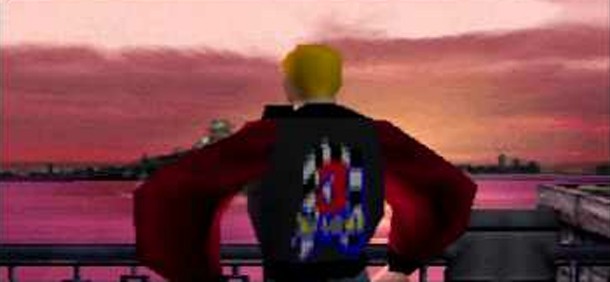
Overblood 2
Okay, maybe we have a little bit of a bias towards this one. After all, we spent twenty hours playing it for Super Replay because of how hilarious the first game was. As it turns out, it's a whole lot longer and a whole lot more boring. It featured flashes of hilarity, as we encountered robotic T-Rexes, silly dance sequences, and some of the worst voice acting we've ever heard. However, the overall experience couldn't match the heartwarming tale of Weinerless Steve and Pipo.

Get the Game Informer Print Edition!
Explore your favorite games in premium print format, delivered to your door.
- 10 issues per year
- Only $4.80 per issue
- Full digital magazine archive access
- Since 1991









